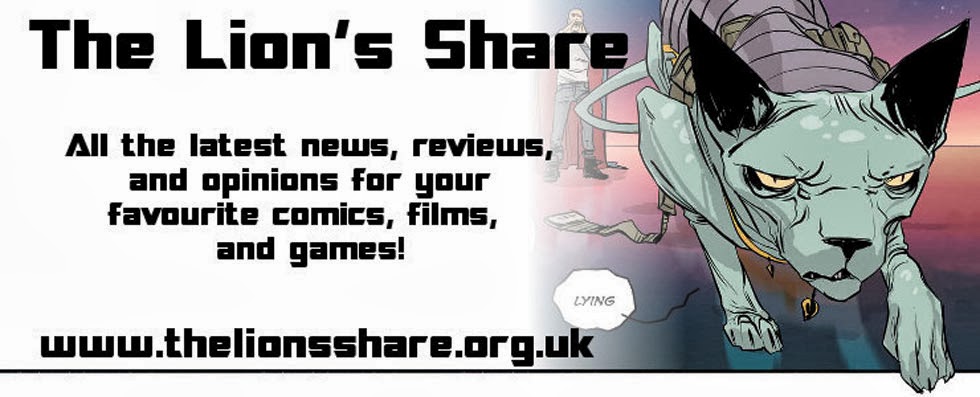The New Year saw the triumphant return of Doctor Who alumni Steven Moffat and Mark Gatiss’s Bafta Award winning ‘Sherlock’ as the second series made its debut on BBC1. The first series not only received critical acclaim for its clever reinvention of stories and concepts, already familiar to generations of readers from the works of Arthur Conan Doyle, but it also cemented recently appointed Doctor Who showrunner Steven Moffat’s reputation as a master storyteller.

Perhaps the clearest example of the show’s success is its treatment of the central duo of Holmes and Watson, who are thoroughly inhabited by stars Benedict Cumberbatch and Martin Freeman. Transplanting the 19th century duo to the present day both freed the writers from the temptation to be completely slavish to the source material whilst also giving the audience a pair of heroes with who we could firmly identify, with Watson’s sense of bewilderment on his recent return from Afghanistan and Holmes’s constant struggle with addiction and frustration as the glare of the public eye dogs his every step. Supporting characters Mycroft Holmes, ‘DI’ Lestrade and ‘Jim’ Moriarty, also received a welcome shot of modern credibility from Mark Gatiss, Rupert Graves and Andrew Scott respectively.

Having established a successful formula with their first series, episode one of series two, ‘A Scandal In Belgravia’ ups the ante in fine style, as Moffat stitches together several stories to introduce sometime antagonist Irene Adler, played with panache and no little amount of sex appeal by Lara Pulver. The introduction of a character with whom Sherlock can truly match wits draws the character into new territory as the constant one-upmanship is as close as our hero might get to entertaining a love interest, but it also makes for thrilling character development as the breathless double bluff of the closing minutes sees Holmes in positively heroic form.
The episode also continues with the successful reinvention of the familiar, as Holmes’s trademark deerstalker hat is introduced as the pair attempt to avoid paparazzi – a masterstroke which acknowledges the hat’s place in familiar Holmes lore whilst also pointing out that this was in fact not the detective’s particular hat of choice.

If anything, this week’s adaptation of the first full length Holmes novel ‘The Hounds of Baskerville’ (the title a slight tweak of the original in established Moffat/Gatiss tradition), might threaten to stagnate the developments of the series debut as Gatiss tackles the most famous story of all. It seems however that the writer’s desire to get under these character’s skins is a firm decision and the removal of the pair to Dartmoor to investigation the titular ‘hounds’ actually serves to strengthen their bond through adversity.
The story itself is another reinvention that sees traditional elements filtered through modern fears and the series trademark bait and switch style, and so the hounds of the piece are somehow connected with secret genetic experiments - the Baskerville estate in fact a government installation. Ironically, the updating of the stories, a key strength initially might have become the most predicable element of the series, together with the writers’ running gag that the main characters are often mistaken for a couple.

The only real weak link for this reviewer is the presence of fan favourite Russell Tovey, who’s undeniable charisma is somehow stifled either through the rather stiff writing of his character, or his struggles to make a decent fist of the posh accent – a character element which hardly seems necessary given the modern day setting.
All in all, series 2 of Sherlock is a triumph of modern television drama, a flagship British series to sit alongside Doctor Who, who audience figures continue to grow, episode 2 having been watched by 11.16 million viewers. The only question is, will it see a third series given the rather ominous title of next week’s episode ‘The Reichenbach Fall’?
Robert Barton-Ancliffe has decided to forgive the poor CGI as a deliberate conceit of the storytelling rather than shoddy workmanship.

No comments:
Post a Comment